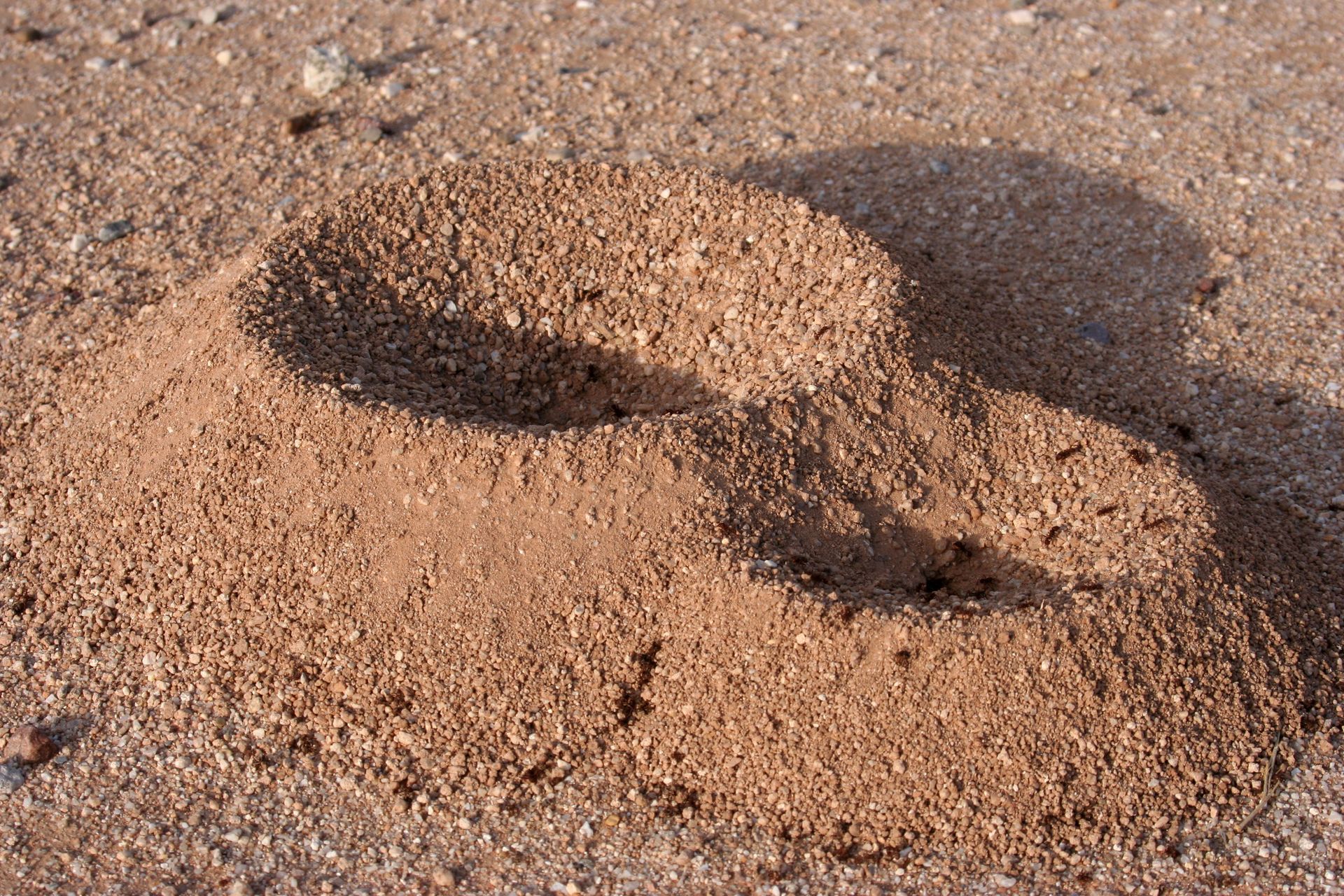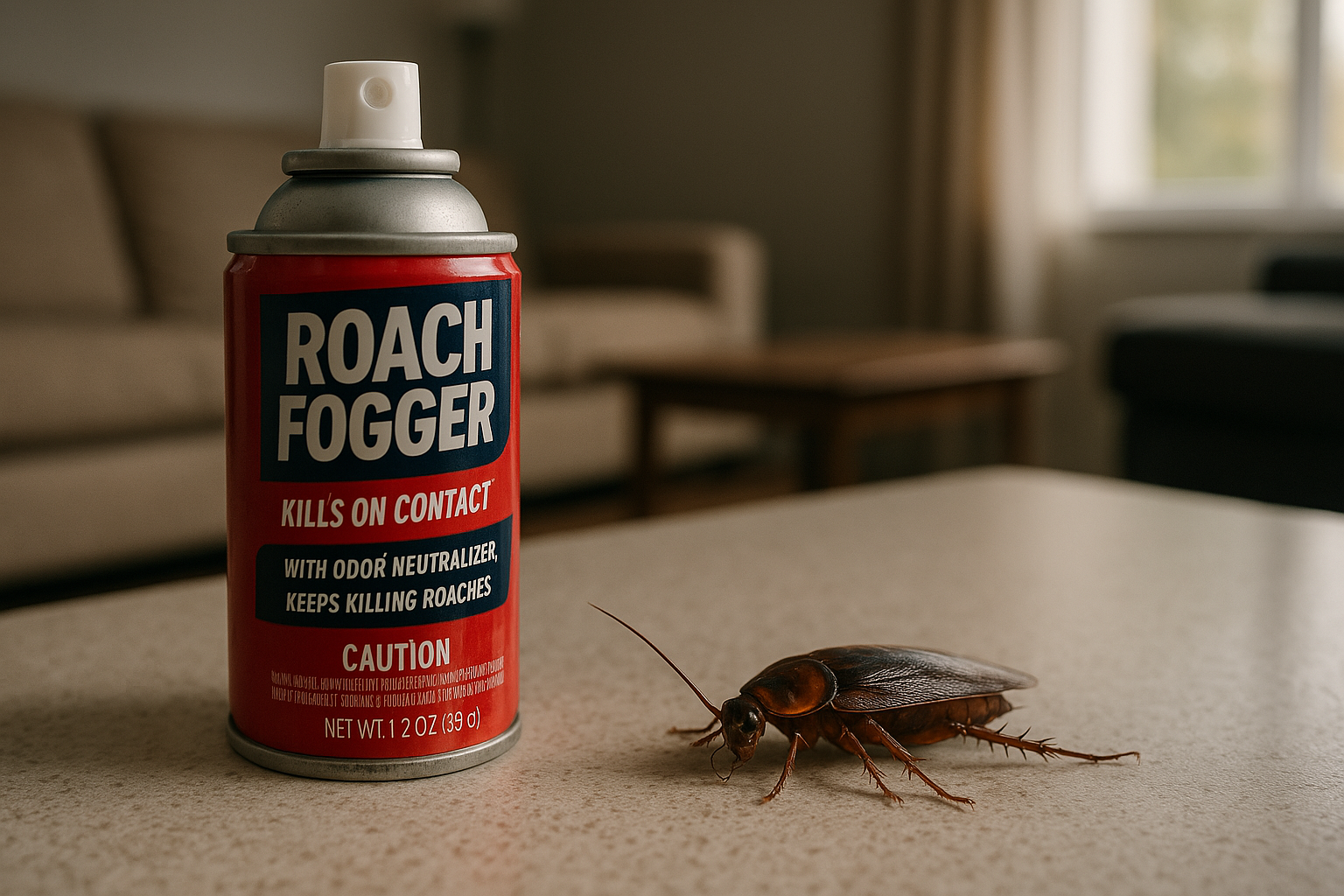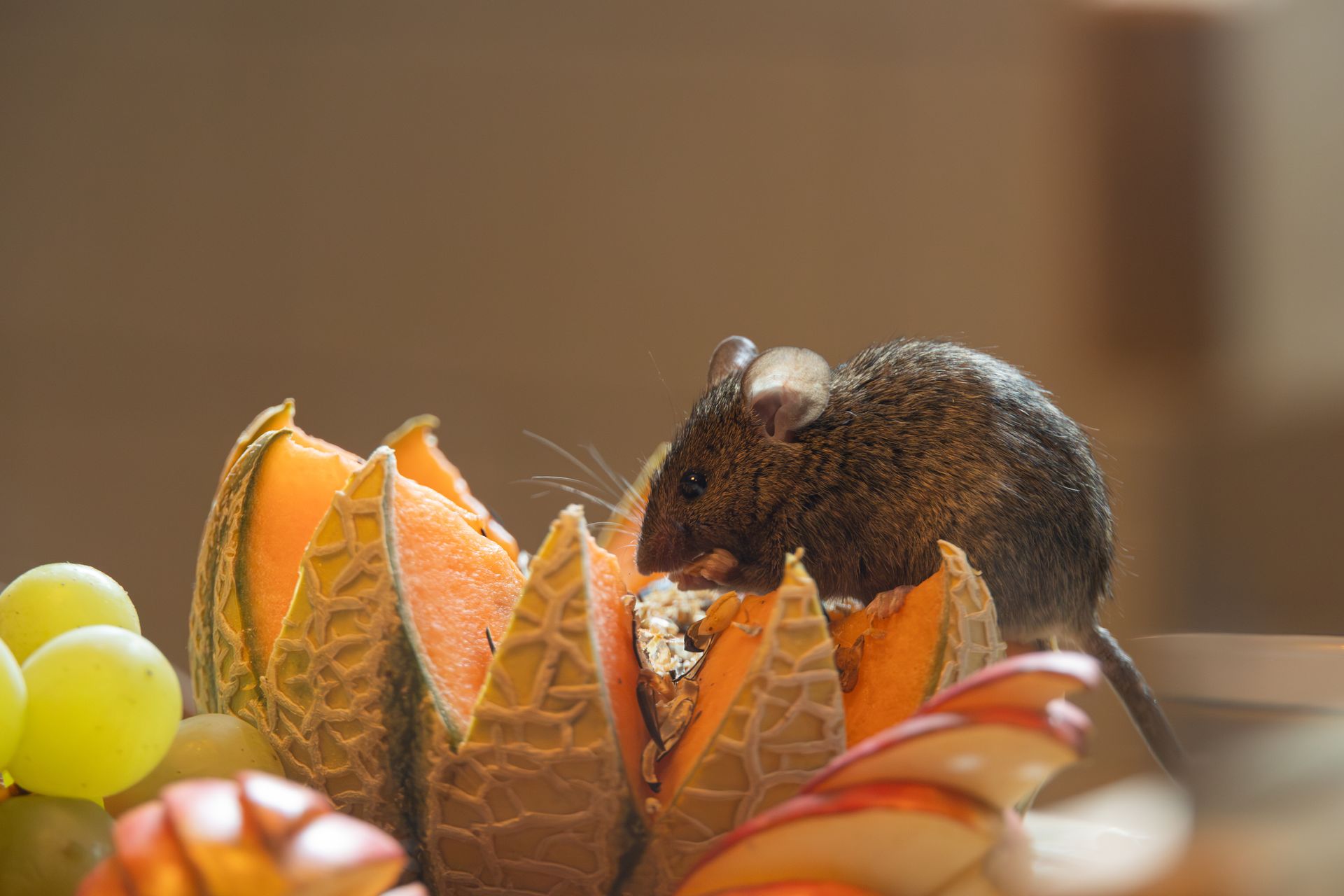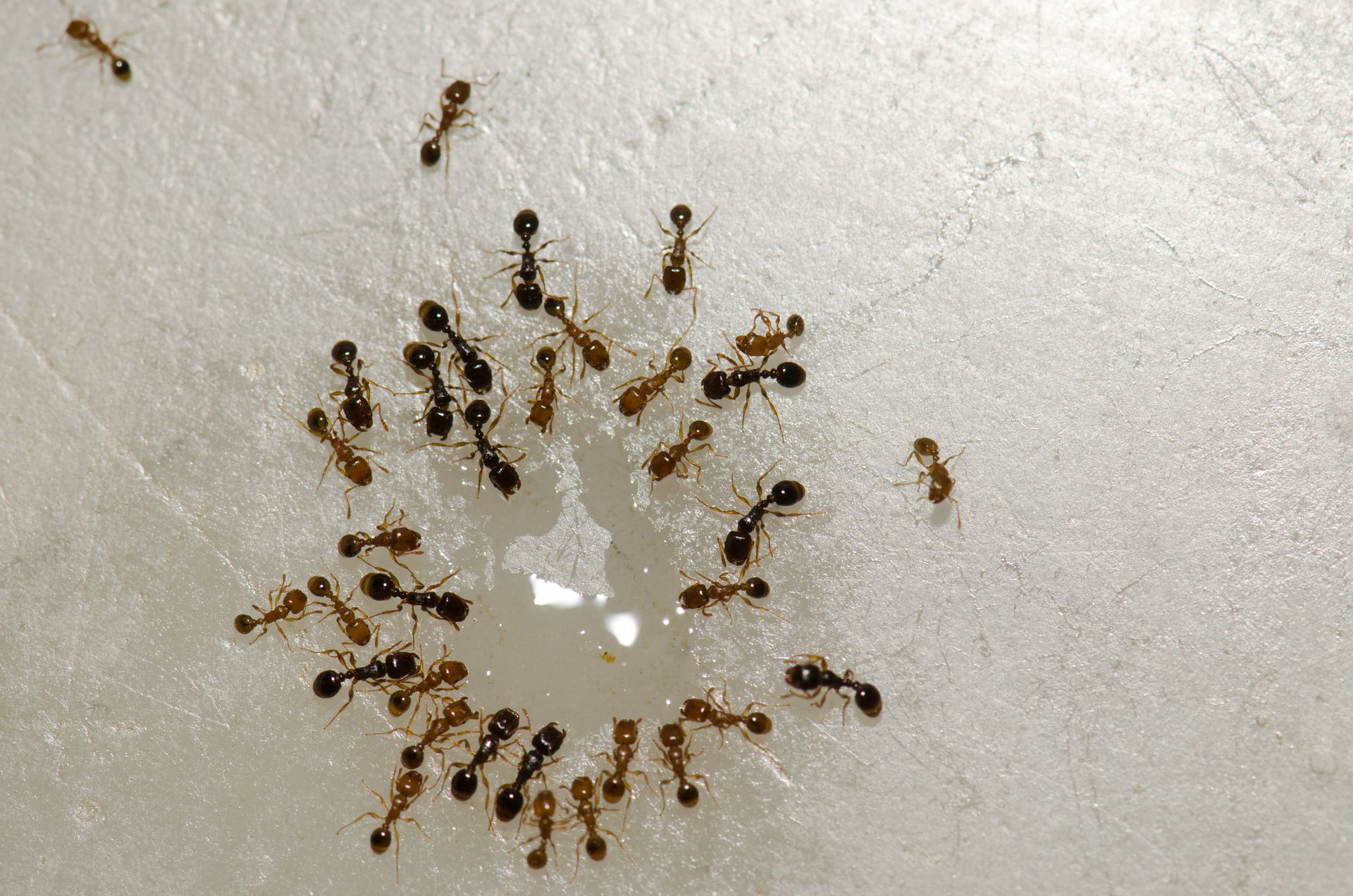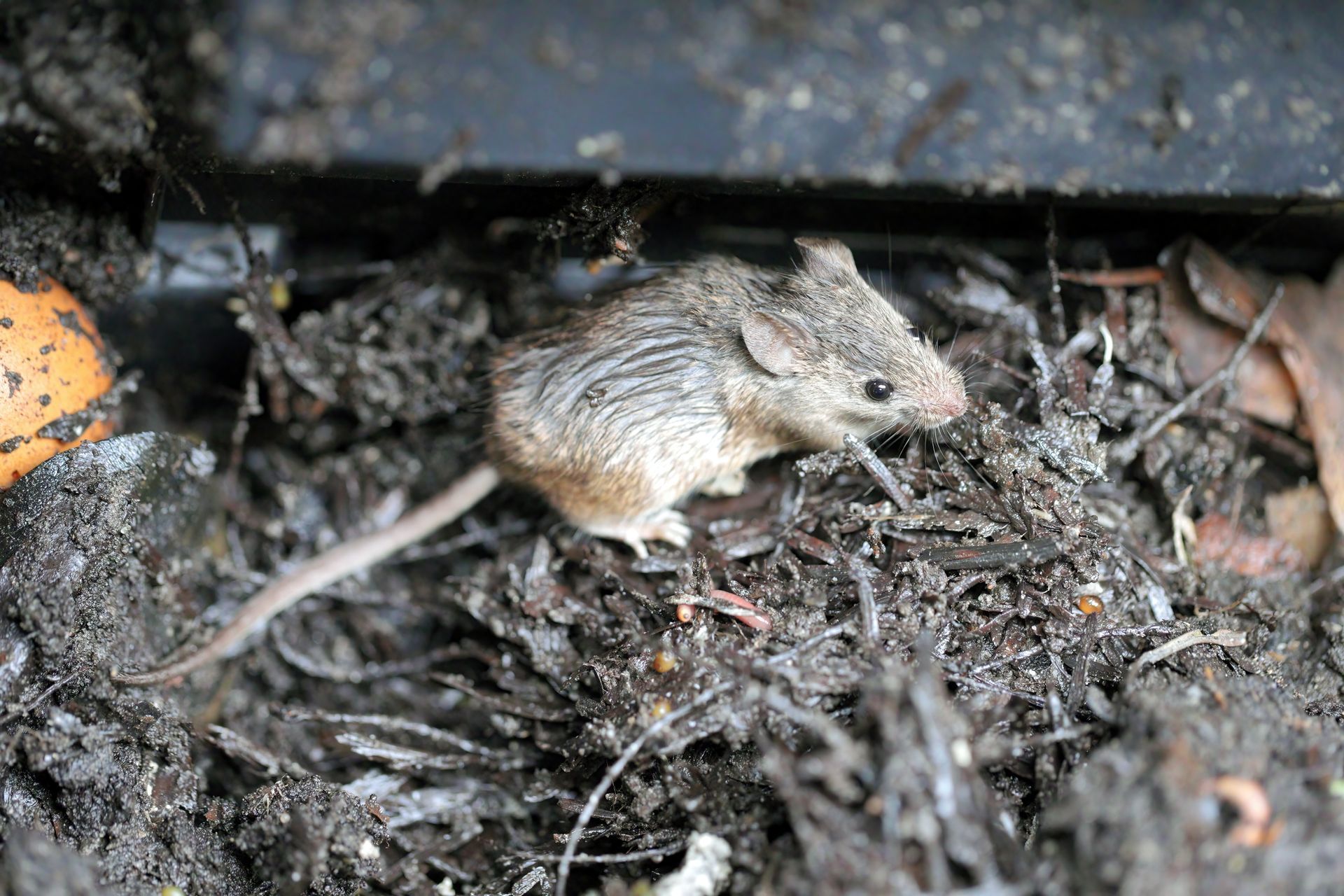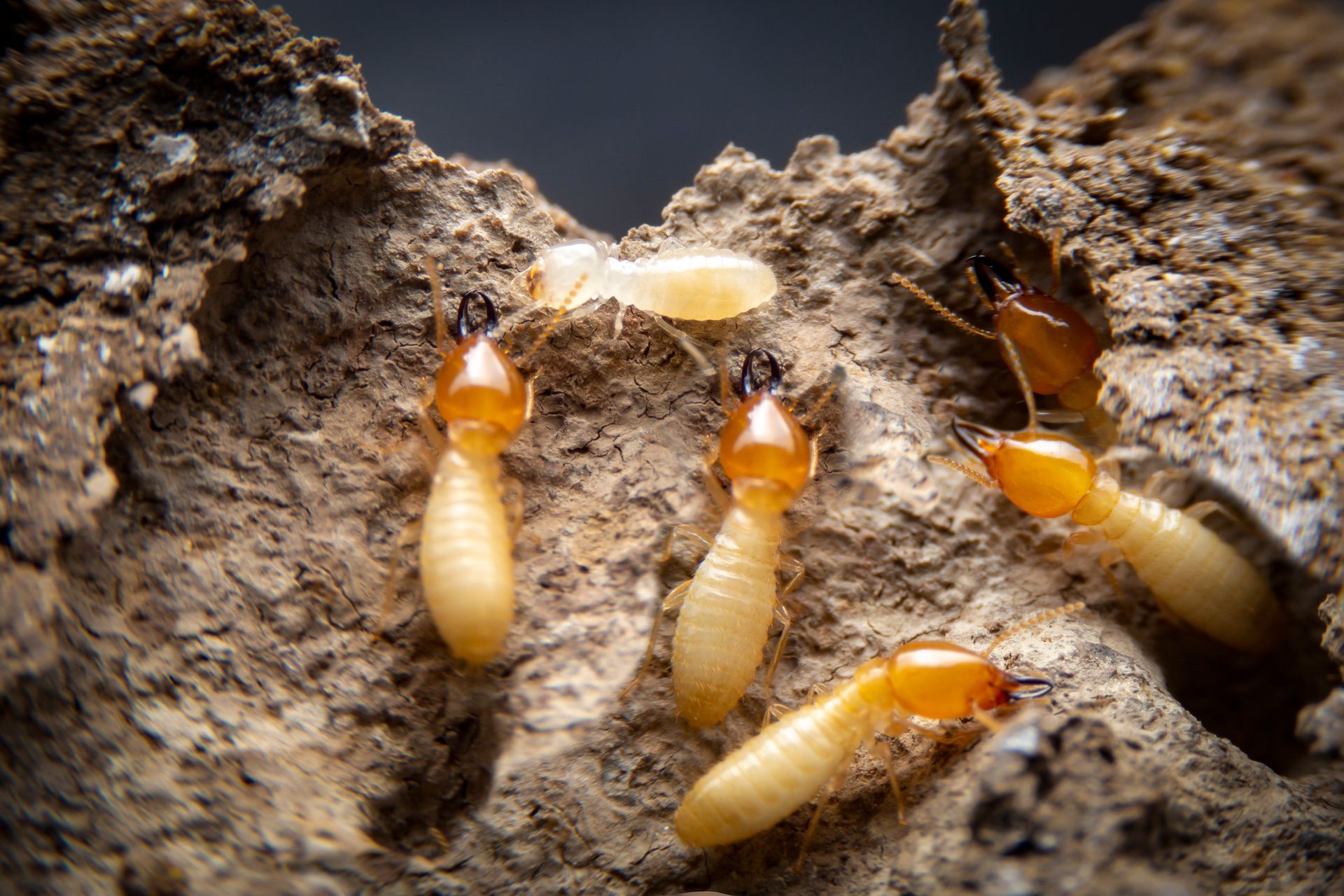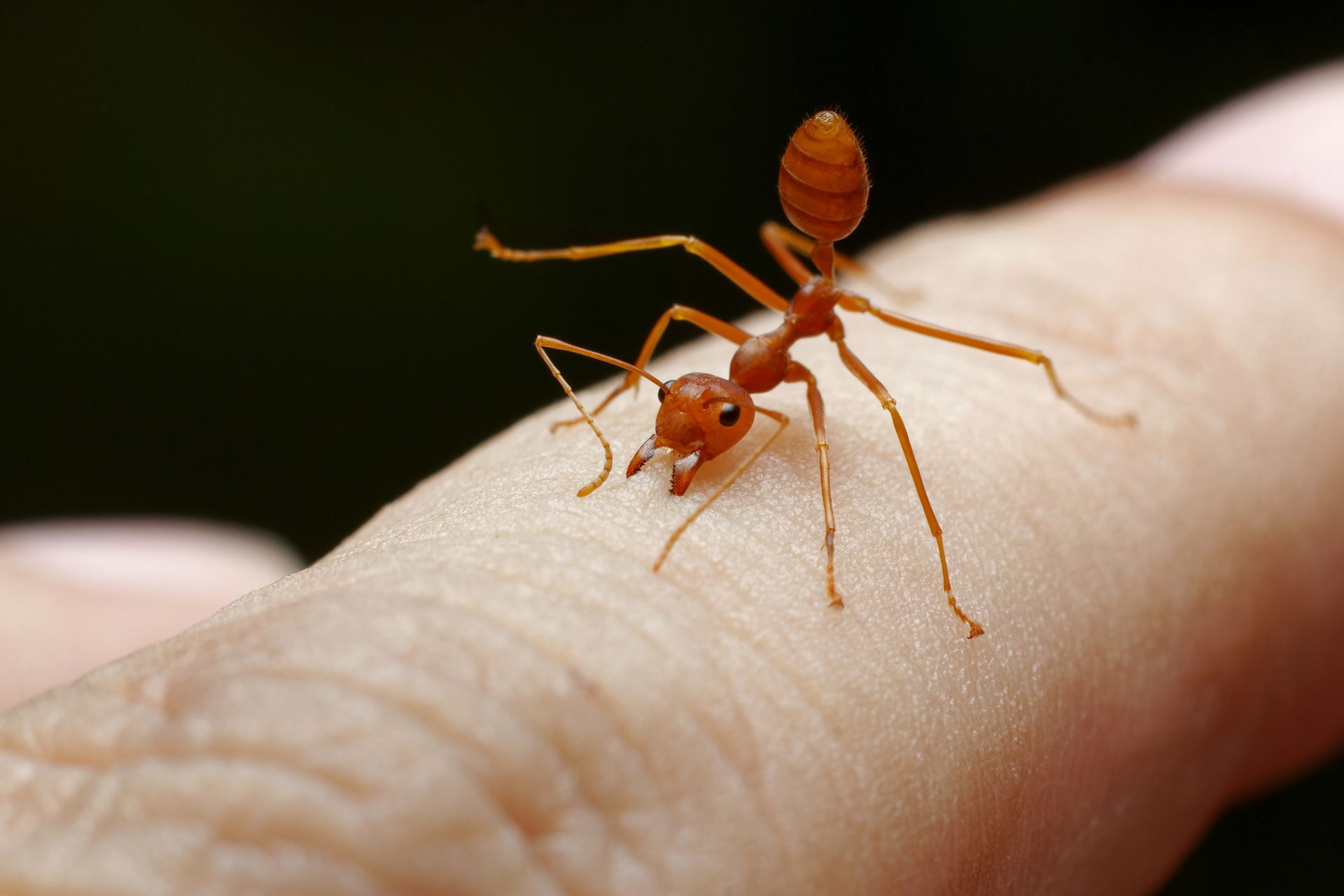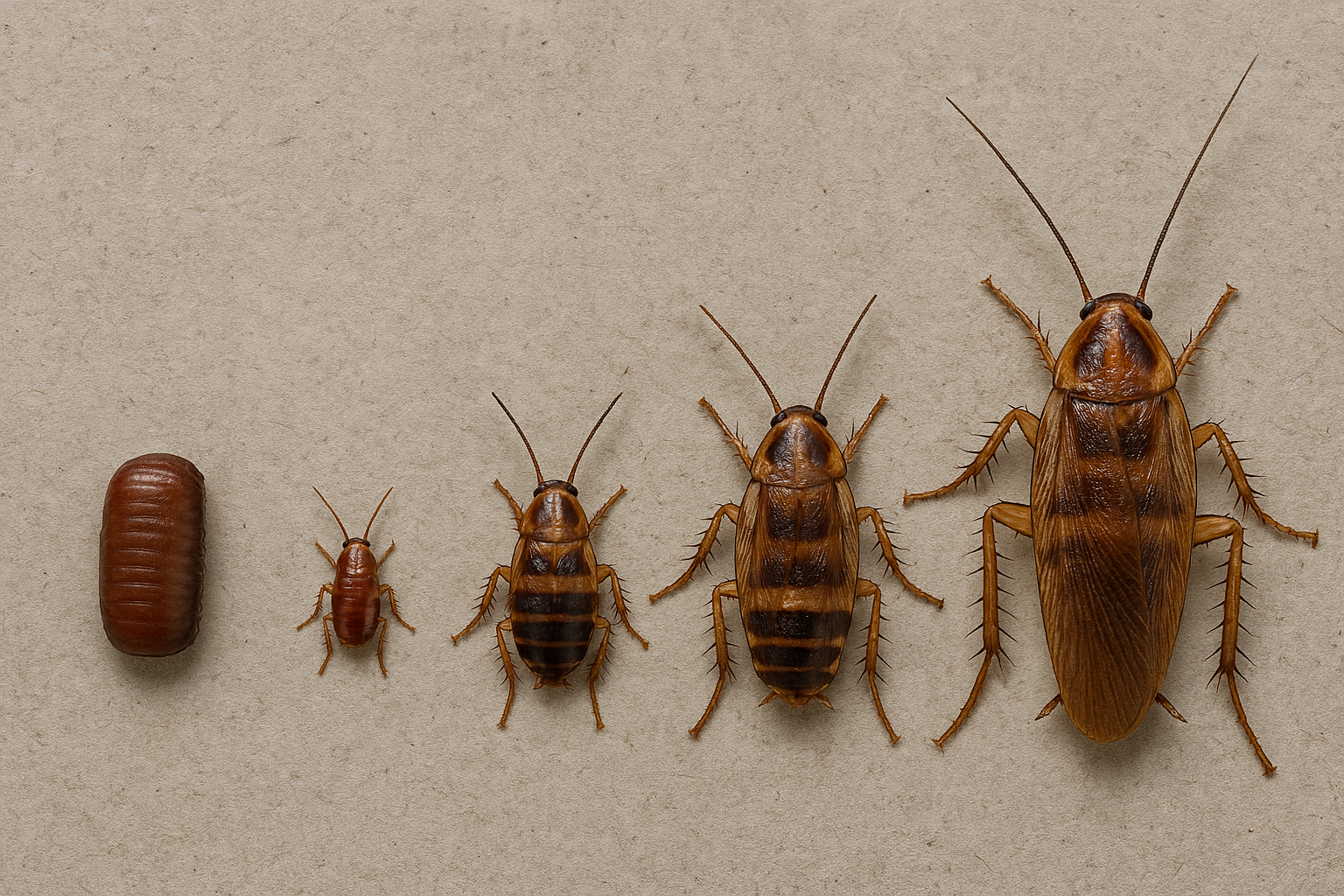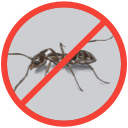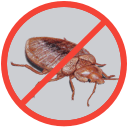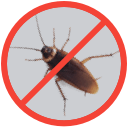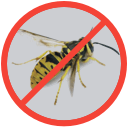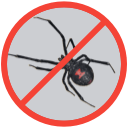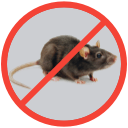Difference Between Bed Bug Bites vs Mosquito Bites
Mosquitoes and bed bugs are typically some of the most hated bugs on the planet due to their bites. The argument can be made that mosquitoes are much more of a problem because of the health risks that can come from mosquito borne diseases. They are the deadliest member of the animal kingdom causing close to 1 million human deaths a year. Bed bugs, on the other hand, are top contenders due to how persistent and durable they are. Bed bugs are blood suckers that bite humans for blood meals while they sleep. Once they have been introduced it is extremely difficult to get rid of them. This is because they can hide in everything from mattresses, wooden framing, to electronics. Studies also indicate that they can lay dormant between 2 – 12 months in optimal conditions which mean that even if treatments look successful at first, it only takes a couple bed bugs to survive to reinfest an area. So that begs the question, which is worse: mosquito bite vs bed bug bite?
Bed Bug Bites
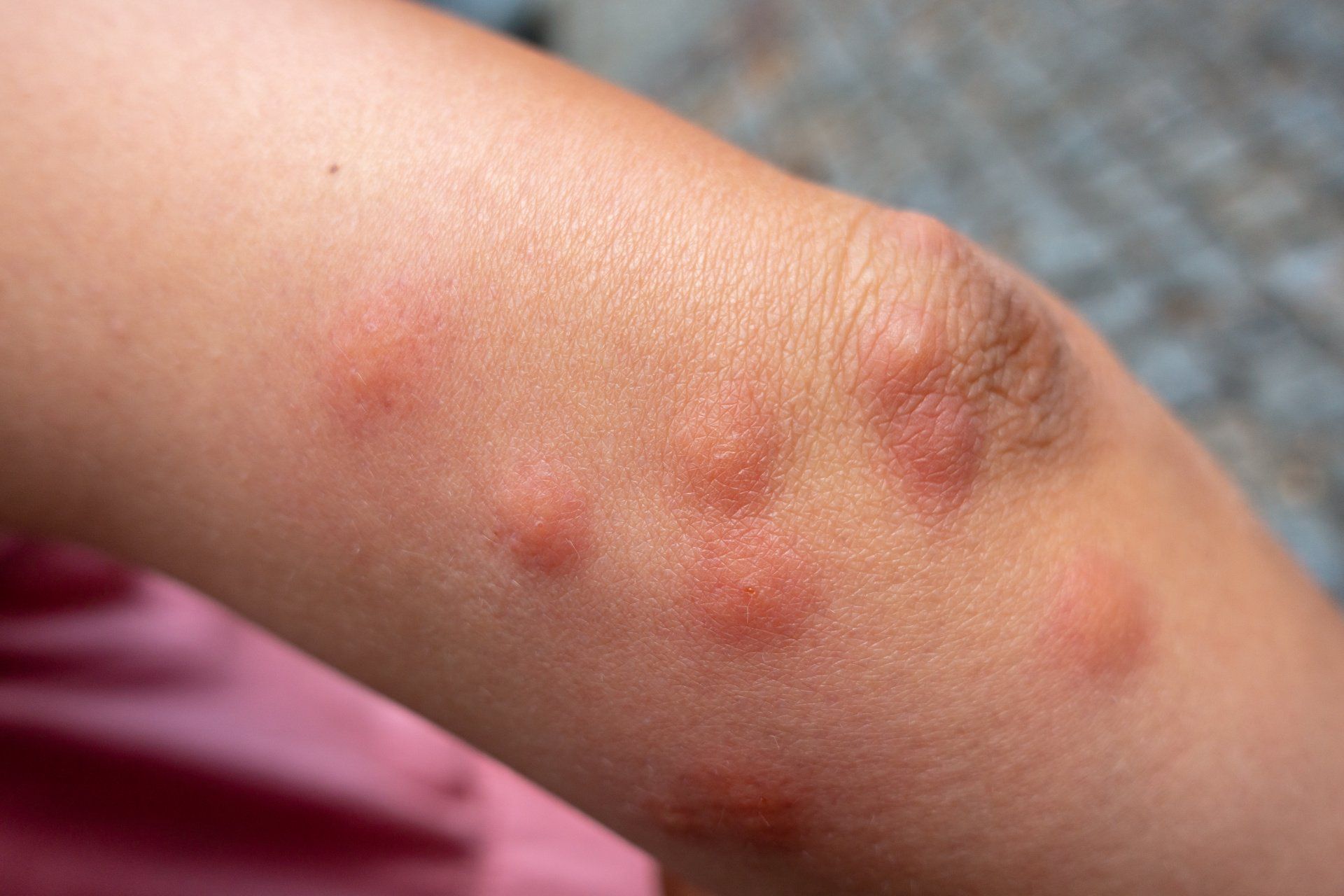
Bed bug bites affect each individual differently. For some lucky individuals, bed bug bites have no impact at all. This is because the itchy red welts are an allergic immune response to the chemicals that bed bugs release when feeding. Some people show no reaction whatsoever while others become covered in clusters of itchy red welts. Sometimes, it may even take several hours or days for these itchy red welts to appear. Unluckier individuals have extreme allergic responses which result in anaphylaxis. This presents itself as swelling of the throat, trouble breathing, and intense body rashes that break out from the bed bug bite. In these cases, medical treatment should be an immediate priority.
Mosquito Bites
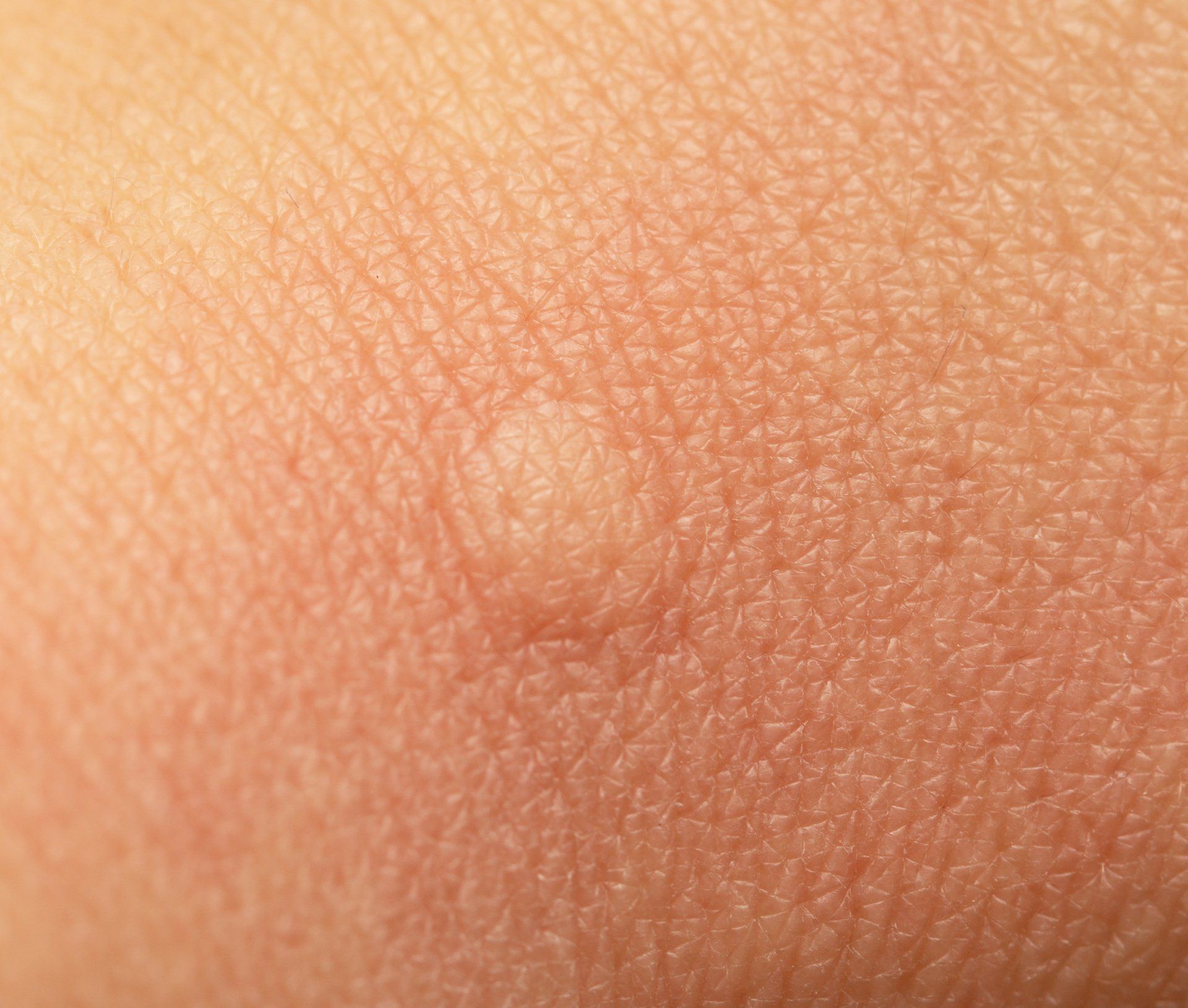
Mosquito bites are inflicted by female mosquitoes that are ready to produce eggs. They typically float around in when the sun is rising and setting searching for a host to feed on. They are able to detect the carbon dioxide that humans expel when breathing to track down their next blood meal. Once they latch on, mosquitoes also release chemicals that humans have an allergic response to. The most extreme cases of allergic response to mosquitoes is known as “skeeter syndrome.” This typically presents itself with large red painful welts that may result in anaphylaxis. Otherwise, most people have mild responses that result in instantaneous itchy red bumps.
The Difference Between A Bed Bug Bite and Mosquito Bite
Getting bit by either bug can be distressing, especially if you are unsure which bug caused the bite. Luckily, there are several ways to differentiate the bug bites to tell what insect is attacking you.
Appearance
Identifying bed bug bites vs mosquito bites by appearance is generally pretty easy. Bed bug bites leave small red marks that look similar to small pimples. They also rarely occur as a singular bite. They are usually found in clusters, lines, or zigzag patterns with several bites close together and can sometimes even look like a rash. This is because bed bugs will feed multiple times until it is completely engorged with blood. Sometimes the bites will appear in clusters when a bed bug is able to attack a large patch of skin without interruption. Other times bed bug bites will appear in lines which is likely due to the bed bugs biting along the line where skin meets the bedding. Bed bug bites can also appear any where on the body as they are able to crawl under clothing to feed.
Mosquito bites are the opposite and usually appear as individual bites and appear mostly where skin is exposed. These flying insects are fragile and will land on exposed skin and are unable to feed on skin that is covered in a protective layer of clothing. Their bites appear as raised bumps that are puffy and look more like hives. The bite gets puffier as it is scratched and sometimes the puncture would is visible in the center of the raised area.
When The Bite Occurs
Bed bugs feed almost exclusively at night because they prefer to feed on a host that is still and because that is when a host is most likely to be resting. Gauging when bed bites occur may be difficult because bite marks may not appear for several days but if there is a consistently increasing number of bites that appear, it is a good sign that they may be caused by bed bugs. Mosquito bites tend to appear immediately after it bites, and they generally occur whenever someone is enjoying themselves outside.
Timing of Bites
Bed bugs are an internal pest that make their home close to where their host sleeps. This means that bed bugs are active all year round and are not impacted by seasonality. Mosquitoes for the most part survive outside so their populations are much more likely to be impacted by the changing of the seasons. As temperatures cool, mosquito activity slows or stops all together depending on the exterior climate in which they exist. During these cold periods, mosquitoes will lay dormant until spring returns and it becomes warm enough for the mosquitos’ eggs to hatch and continue the cycle of feeding.
Reaction Time
Mosquito bites typically trigger an allergic response almost immediately which results in an itchy red welt that appears right after the mosquito is done feeding. If the bites are left alone, the itchiness will fade after a couple days, and the bite will return to normal. Bed bug bites can take several hours to several days to appear. If bed bug bites are not scratched, the bites will fade after a week, but these bites are usually refreshed with several new bites until the bed bug problem is exterminated.
Infection
Mosquitos are known carriers of several dangerous pathogens that can cause serious illnesses in humans. They have the ability to spread malaria, dengue fever, zika virus, and west nile virus. These diseases combined account for 750,000 – 1,000,000 deaths around the planet. Even without spreading disease, bites from mosquitoes can become infected if they are scratched to the point where the underlying layer of skin becomes exposed. Bed bug bites are not known to spread any diseases but can cause irritating skin rashes.
Other Signs
There aren’t too many other signs that you have a mosquito bite due to the nature of how they feed. Bed bugs, on the other hand, have several other indicators that you are dealing with a bed bug problem. Bed bugs feed at night and will leave evidence of where they feed because of the anticoagulants they inject when they feed. This chemical results in tiny amounts of blood being released from their injection points which leave small blood stains on your bedding. They also excrete the blood they feed on when they are done absorbing the nutrients they need. These markings appear as small black stains that can be found in the seams of mattresses where the bed bugs are most likely hiding.
Symptoms
Bed bug bites symptoms usually include:
- A cluster or line of small pimple looking bites that appear in groups of 3 – 5 bites.
- Bites that appear on the anywhere on the body but particularly on the arms, legs, and torso.
- These bites may also lead to itchy skin reactions that can develop into a rash.
- Worst case scenarios will result in a severe allergic reaction that results in anaphylaxis.
Mosquito bites symptoms usually include:
- Immediate response that results in a small red itchy bump that looks like a puffy hive with a puncture wound.
- Individual bite that is isolated and not surrounded by other bites.
- Worst case scenarios will result in a severe allergic reaction that results in anaphylaxis.
Bug Bite Treatment
Bites from both mosquitoes and bed bugs rarely require medical attention unless a severe reaction occurs. In the event of an allergic response, an individual will need to have an EpiPen injection ready and then seek out medical attention. Just because an EpiPen is used, does not mean an individual will be ok. EpiPens are usually a temporary fix that can be lifesaving, but further medical attention is usually needed.
Bites that don’t cause an allergic reaction can usually be treated by washing the bite and then treating the affected area with calamine lotion or some other anti-itch relief cream. It is important to not scratch the bite as it may get infected.
In the event that a mosquito bite infects an individual with a dangerous pathogen, and that individual experiences symptoms like fever, chills, nausea, or other extreme symptoms, medical attention will also be needed. There may be medications that can be taken to address these serious diseases but only a doctor will be able to provide a diagnosis as to what may be causing these additional symptoms.
Bug Bite Prevention
Preventing bed bug bites and mosquito bites requires some vigilance as both blood sucking pests are difficult to control. Mosquito populations can be managed by eliminating standing water in and around a home. It also helps to repair any worn out or torn window screens to prevent mosquitoes from gaining access to the inside of a home. The last line of defense for mosquitoes is to use an effective mosquito repellent like DEET product which will keep mosquitoes from biting.
Bed bugs are completely different beast to prevent. These bloodsuckers are usually introduced into homes by guests, furniture, or luggage. It may be difficult to check guests that enter your home, but it is critical that anytime secondhand furniture or luggage returning from a trip comes into a home that it is inspected for signs of bed bugs. It also helps to check hotels and motels for bed bugs upon arrival to ensure that an individual isn’t being exposed to a contaminated room.
What Other Bugs Could Be Biting
Sometimes, small red bumps that are itchy may be the result of a different bug. Other culprits that are capable of causing itchy red bites include:
- Fleas: These bites can also appear in clusters but usually appear on the legs and ankles where fleas are most likely to jump and bite.
- Flies: Certain species of flies are capable of biting which can leave large itchy blisters.
- Spiders: Spider bites usually bite to protect themselves, but they can leave large red painful bumps that have 2 visible bite marks.
- Mites: There are several species of mites that can bite which typically cause skin irritation or rashes.
- Ticks: Ticks are a parasite that can leave a painful tick bite that is surrounded by a large bullseye looking welt.
- Ants: There are some species of ants, like fire ants, that will bite and leave small red painful marks.
Contact EcoGuard If You Are a Victim of Bug Bites
If you are dealing with unknown bug bites and are ready to get help, call EcoGuard Pest Management. Our team of licensed and trained pest control professionals can help exterminate both bed bugs and mosquitoes that may be causing problems. Our services start with a free inspection to determine problematic areas where treatment is necessary which is then followed up by a customized treatment plan designed to exterminate all signs of bloodsucking insects. Call today to schedule a free inspection so our pest control experts can get your bug problem under control.


